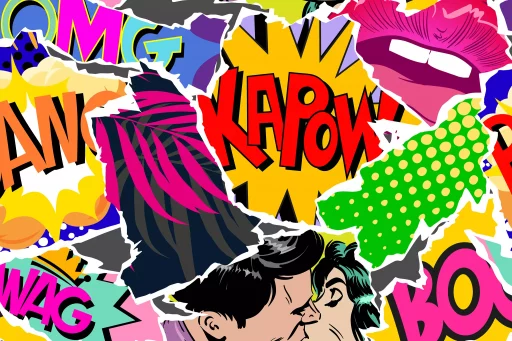Introduction to Slang
Language constantly evolves, and slang is a fascinating aspect of this evolution. Slang allows individuals to connect with their peers, often creating a sense of belonging or identity. One such term that has made waves in recent years is “gator.” This article explores the meaning, usage, and cultural significance of the slang term “gator.”
The Meaning of “Gator” in Slang
In contemporary slang, “gator” is often used to refer to someone who is from the state of Florida or is affiliated with the University of Florida, particularly its sports teams. The term can be affectionate or, at times, pejorative, depending on the context in which it is used.
Origin of the Term
The term “gator” derives from the alligator, a reptile commonly associated with Florida’s wetlands, swamps, and lakes. The alligator serves as a symbol of Florida, making it a fitting mascot for the state’s culture.
Usage in Different Contexts
- Sports: “Gators” is commonly used to reference the University of Florida’s athletic teams, particularly in the context of college football, where the Gators compete fiercely in the Southeastern Conference (SEC).
- Cultural Identity: The term can be used to express pride in one’s Florida heritage. Individuals may say, “I’m a proud gator!” to signify their connection to the state.
- Humor and Stereotypes: Some use the term in a humorous or critical way, suggesting certain behaviors or attitudes typically associated with Floridians, often exaggerated for comedic effect.
Case Studies: Usage in the Wild
To understand how slang evolves, it’s helpful to look at examples of “gator” in different settings. Consider the following case studies:
- Online Communities: Social media platforms like Twitter and Instagram often see hashtags such as #GatorNation, where University of Florida fans share their pride and upcoming game day experiences.
- Comedy and Entertainment: Comedians often reference “gators” when discussing stereotypes about Floridians or when recounting wild experiences in the state, feeding into the humorous narrative.
- Regional Pride: During the University of Florida’s football season, many state residents display bumper stickers proclaiming their allegiance to the Gators, reinforcing community identity.
Statistics on the Gator Phenomenon
To gauge the popularity of the term, consider that:
- The University of Florida boasts over 50,000 students, many identifying as “Gators” even after graduating.
- This connection can lead to a global network; alumni chapters exist in multiple countries, proving that “gator” connections extend far beyond state lines.
- Social media discussions about “Gators” can surge to over 1 million mentions during football season, highlighting the term’s relevance in sports culture.
Conclusion: The Lasting Impact of “Gator” Slang
The term “gator” encapsulates a rich blend of cultural identity, regional pride, and community connection tied together by the unique characteristics of Florida and the University of Florida. Whether used as an affectionate moniker or a comedic stereotype, “gator” remains a compelling example of how language evolves and adapts. As Florida continues to grow and diversify, so too will the meanings and connotations associated with being a “gator.”


